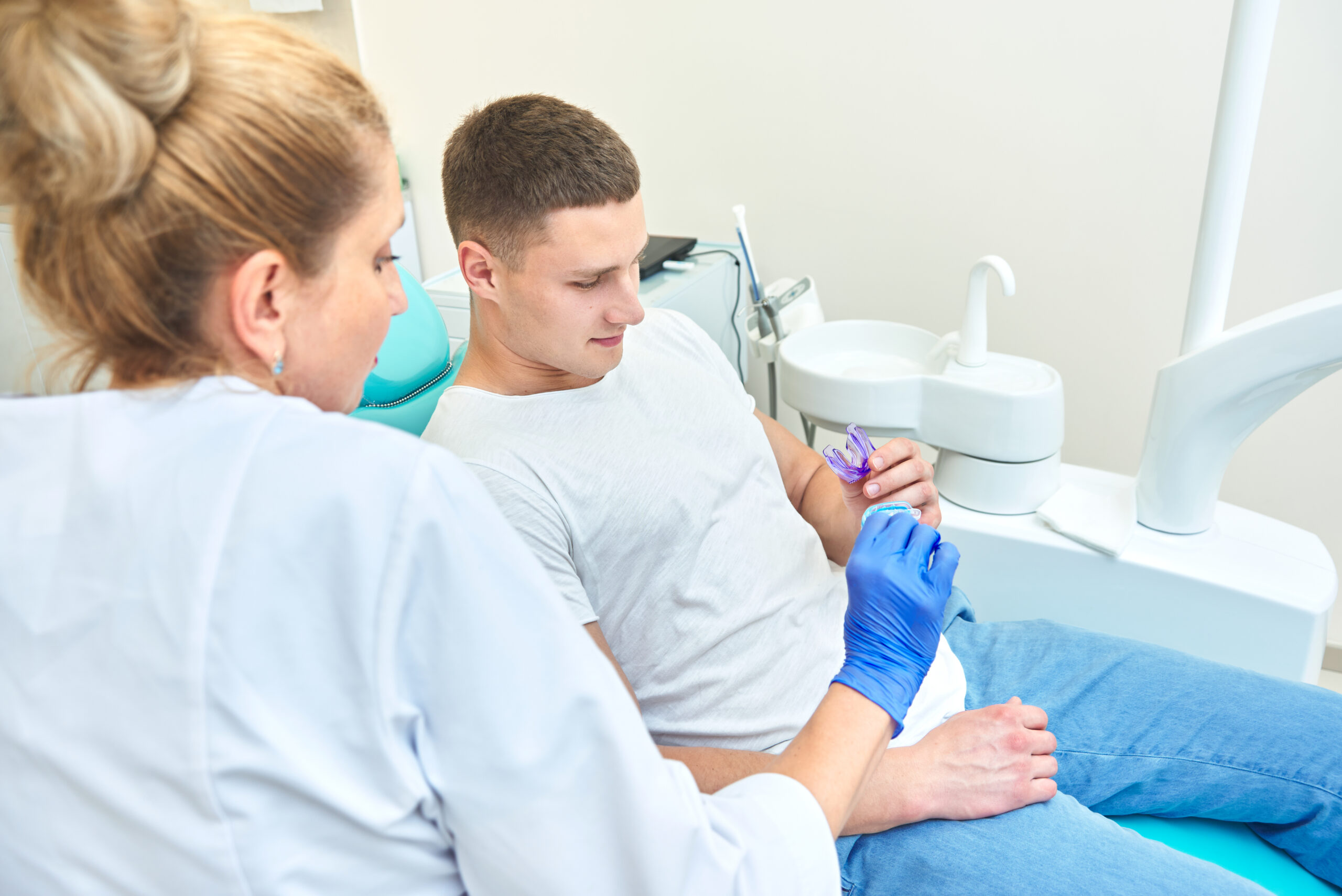Consider what would occur if you unexpectedly suffered an injury that resulted in the loss of one or more of your teeth. Eating, smiling, and even speaking would be challenging in addition to being excruciatingly uncomfortable.
What if, though, you could stop such an accident from occurring altogether? A sports guard, commonly referred to as a dental or mouthguard, can help in that situation. Sports guards are crucial to wear while participating in sports, especially for children, as they reduce the chance of oral injuries like broken teeth.
Here is all the information you need to know about getting mouthguards in Sherwood park, including the many types, who should wear one, how to care for them, why they’re important, and the dangers of not wearing one.
Who is in Need of a Mouthguard?
Even though mouthguards are not a necessity, all athletes, especially young ones, should wear them while participating in sports. The face, mouth, and jaw are frequently injured by athletes who participate in high-impact contact sports, including football, hockey, lacrosse, volleyball, boxing, wrestling, soccer, and martial arts.
However, mouthguards can also provide safety for those who engage in non-contact sports and leisure pursuits like gymnastics, figure skating, skateboarding, rollerblading, horseback riding, and mountain biking. The risk of mouth and jaw injuries when participating in these sports is considerably reduced by wearing a mouthguard.
The following situations may increase the need for acquiring a mouthguard near you:
- Bruxism
A sleep-related movement disorder called teeth clenching and grinding can cause a variety of problems, including jaw pain, sore gums, and tooth pain. It also seriously harms the teeth. Children and adults who grind their teeth excessively at night are also good candidates for the mouthguard. The top and bottom teeth remain separate while using this dental appliance while you sleep.
- Sporting Contact
Face injuries are only made more likely by a small number of sports, such as football, hockey, basketball, soccer, etc. A mouthguard lessens the force of an impact on the teeth by being made of a soft, absorbent material.
Further, it protects the lips and tongue from damage. The large part of mouth-related sports injuries normally involve cut lips, fractured tooth roots, chipped or broken teeth, etc. Your dentist near you might recommend that college students who participated while wearing properly fitted mouthguards were less likely to sustain a sports-related injury.
- Exercises That Have a High Risk of Falling
A mouthguard is ideal for people who participate in leisure activities and non-contact sports with a high fall risk. Skateboarding, riding, ice skating, gymnastics, and other activities are among them.
- Sleep Disorders and Sleep Apnea
One of the most severe sleep disorders, sleep apnea, causes a person to momentarily stop breathing while they are asleep. It increases the risk of cardiac problems and hinders the brain from receiving enough oxygen. You can improve the quality of your sleep by including a mouthguard for apnea in your nightly routine.
To maintain an open airway, it works by moving the tongue and lower jaw forward. There aren’t many mouthguards that have a strap that wraps over the head and chin to reposition the lower jaw.
- Snoring
Mouthguards can help reduce snoring as well. Snoring is generated by the tissue in the upper airways vibrating. Typically, these dental appliances function the same way as apnea mouthguards. Call a Calgary dentist right away if snoring is interfering with your daily life.
- TMD Problems
A potent solution for lessening the symptoms of tireless jaw discomfort while opening the mouth or chewing food is a custom-made mouthguard. It serves its purpose by allowing the jaw muscle to rest and by reducing tooth wear while the user is sleeping.
Did you know that over 10 million people experience problems with their temporomandibular joints? Headaches, a popping sound coupled with pain, etc. are all TMJ symptoms that can be treated by our dentist in Sherwood Park.
Can Someone Wear a Mouthguard If They Have Braces?
Yes. In fact, it is strongly advised! One hit to the face can damage orthodontic brackets and other fixed appliances. Dental guards serve as a buffer between your soft oral tissue and the harder equipment that comprise your braces, therefore reducing the risk of cheek, gum, and lip damage.
Speak to your dentist or orthodontist about getting a sports mouthguard for braces if you or your child have braces.
Our Dental Clinic Offers a Custom Mouthguard
Your primary aim should be to keep your teeth and those of your family members safe from any fatal injuries. Whether you are trying to sleep or love engaging in physical activities, a mouthguard can preserve your smile and your oral cavity.
Call Aspire Smiles to set up a one-on-one consultation with our dentist today.
